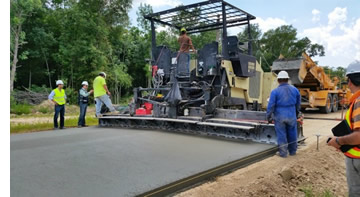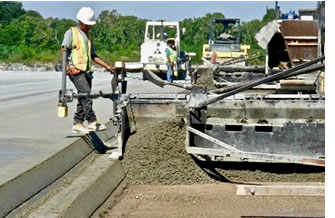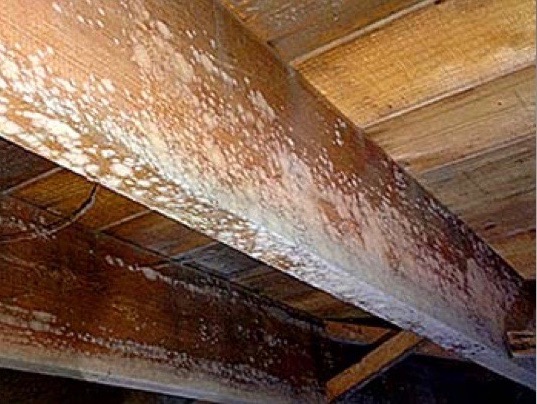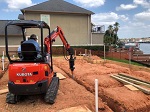

Webmaster: Stansfeld, LLC. |
|
|

MARCH 2018 MEETING
Wednesday, March 14, 2018 (1.0 PDH)
TECHNICAL PROGRAM
Design and Construction of Roller-Compacted Concrete Pavements
Speaker: Jan R. Prusinski, PE, FACI, Executive Director, Cement Council of Texas,
Jan Prusinski is the executive director of the Cement Council of Texas (CCT), which represents manufacturers and shippers of portland cement in Texas. The CCT promotes the proper use of cement and concrete for infrastructure and buildings, and is the Texas affiliate of the Portland Cement Association (PCA).
Jan is an ACI Fellow, active on numerous committees including ACI 327 (Roller Compacted Concrete Pavements), ACI 330 (Concrete Parking Lots and Site Paving), and is the past chair of ACI 230 (Soil-Cement).
Jan’s 35 years’ professional experience includes being PCA’s national program manager for RCC pavements and soil-cement, the first executive director of the Slag Cement Association, and engineering and business development positions with Houston Lighting & Power Co. and Bechtel Power Corp. He is a registered PE in Texas, holds a BS in Civil/Structural Engineering from the University of Michigan, and an MBA from the University of Houston.
 PRESENTATION SUMMARY
PRESENTATION SUMMARY
This seminar provided an overview of what roller-compacted concrete (RCC) is, which types of applications are best suited for its use, its pros/cons, and considerations for design—including subgrade/subbase, mix design, thickness design and layout/jointing—typical RCC construction methods, and performance/maintenance history.
Roller-compacted concrete is a stiff paving material with low water-cement ratio that is consolidated with vibratory rollers and placed with asphalt-style pavers using no forms or reinforcing steel. RCC pavement, once confined to heavy industrial applications, has seen considerable expansion into other paving areas such as city arterials, residential streets, and even TxDOT highways and rest areas. RCC provides pavement smoothness at higher speeds, does not required steel dowels or reinforcing, has a faster concrete process, and allows faster early trafficking. RCC is concrete that is constructed in a different way. Because of the efficiency of its placing methods and its use of plain, unreinforced concrete, it can often be constructed for considerably less cost and with greater speed than conventional concrete or even asphalt.
For more information: www.cementx.org/FPA2018

|



